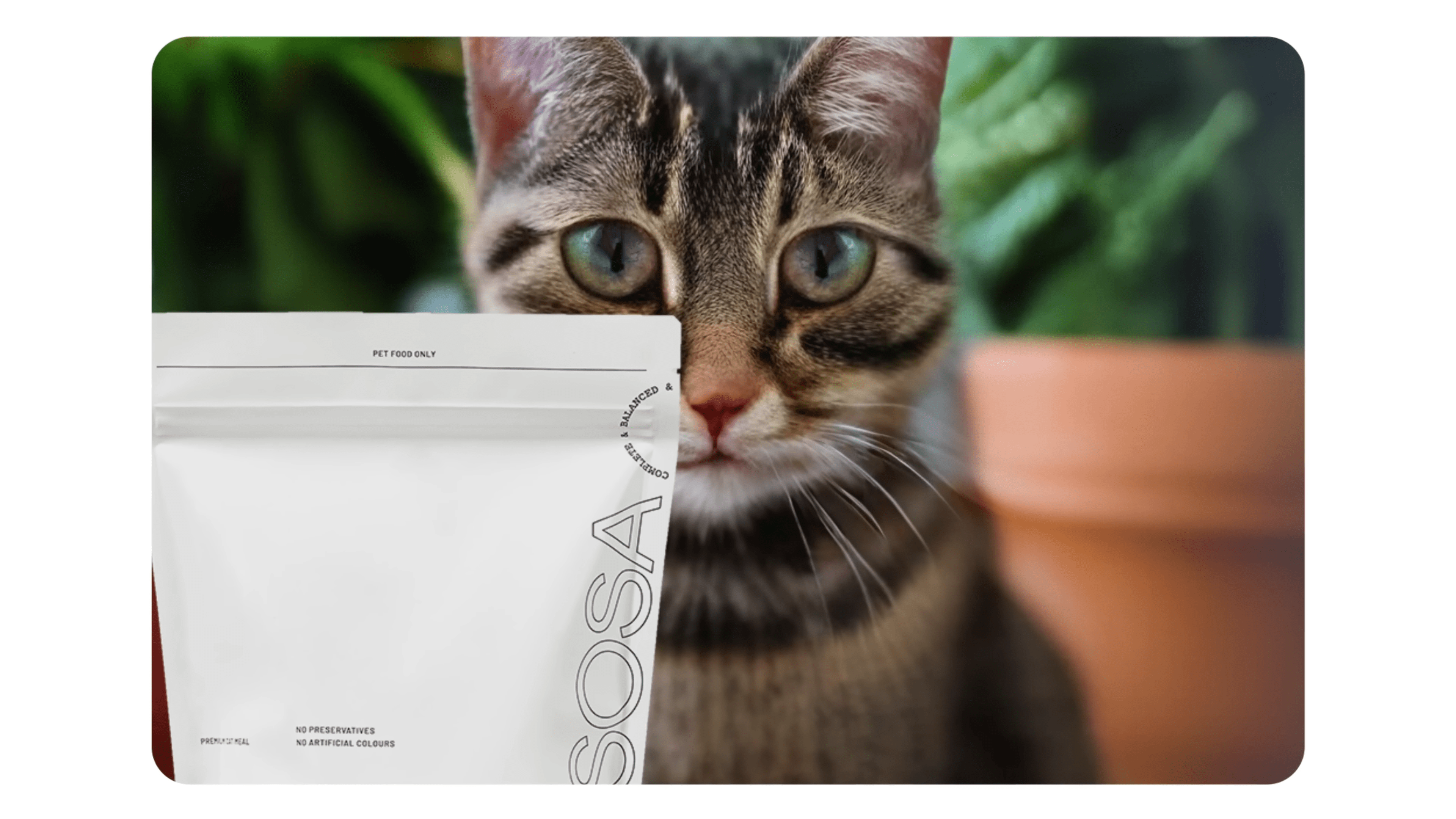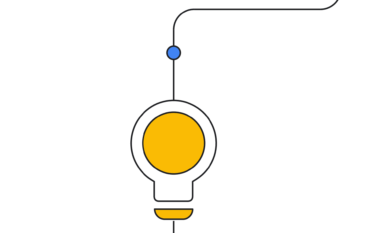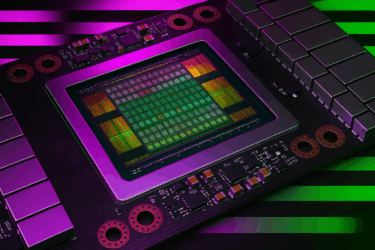Google's goal is to make it easier for advertisers to work with generative AI. For example, it can upscale or modify existing photos with text prompts, or suggest new formats.
"Product Studio" is Google's new heart of AI advertising. One of the goals of the new tool is to make it easier for merchants to use a wider variety of product images in their ads. According to Google, e-commerce listings with more than one image receive 76 percent more impressions and 23 percent more clicks.
Create more text and image variety with AI
With Product Studio, retailers can upload an existing product image, edit it, and change backgrounds - all from a text prompt. It looks like a simplified version of Adobe Firefly in Photoshop. In addition, Google offers AI upscaling, which can significantly improve the resolution of low-resolution product photos without having to reshoot.
In the trailer for AI marketing features for ads, Google also shows off a Bard-like chat interface that allows advertisers to automatically generate copy for ads and videos. Copy for videos can also be automatically generated as text and voice through text-to-speech.
Further details about the chat interface are not yet known. According to CNBC, it uses a variant of Google's recently introduced PaLM 2 language model, which is also behind Google Bard. When prompted, the chat interface will generate ad copy and matching images. Google might be using a refined variant of PaLM 2 with pre-prompts and marketing examples, but that's just my speculation.
Online marketing at the push of a button
Product Studio is probably aimed primarily at small and medium-sized retailers who need to be particularly efficient in their marketing. But with the right quality of copy and images, there is little to stop large companies and corporations from using the technology and transforming existing marketing workflows, budgets, and jobs.
The Product Studio will initially be available to merchants in the Merchant Center in the US in the coming months. It will also be rolled out in Shopify's Google and YouTube applications. The global rollout is expected to be completed next year.






